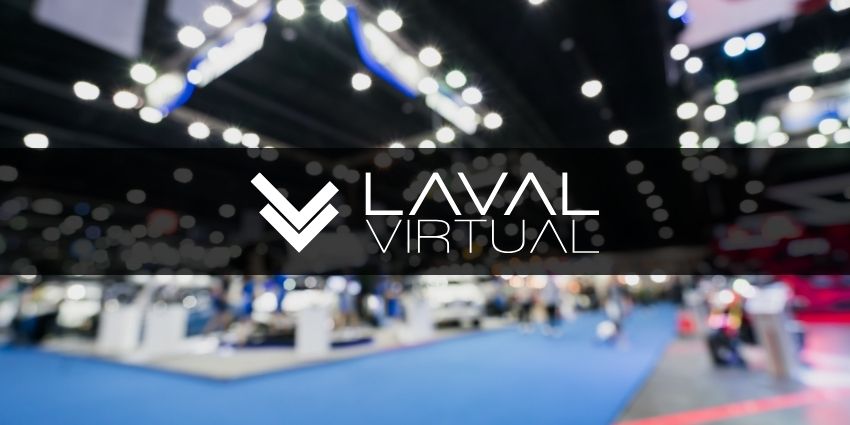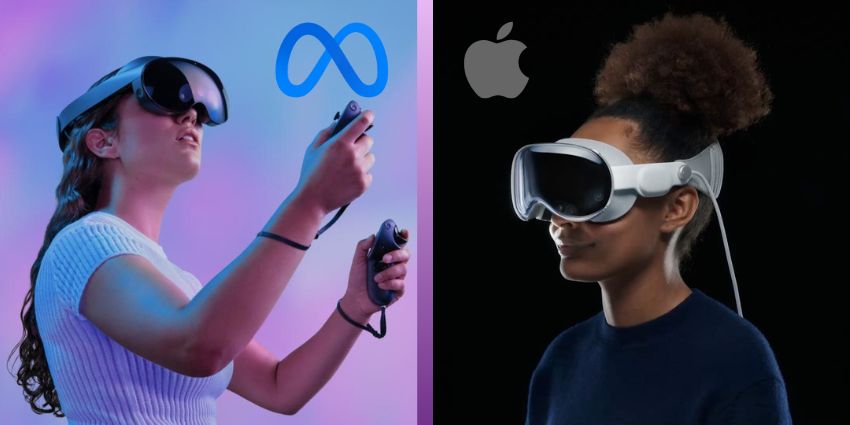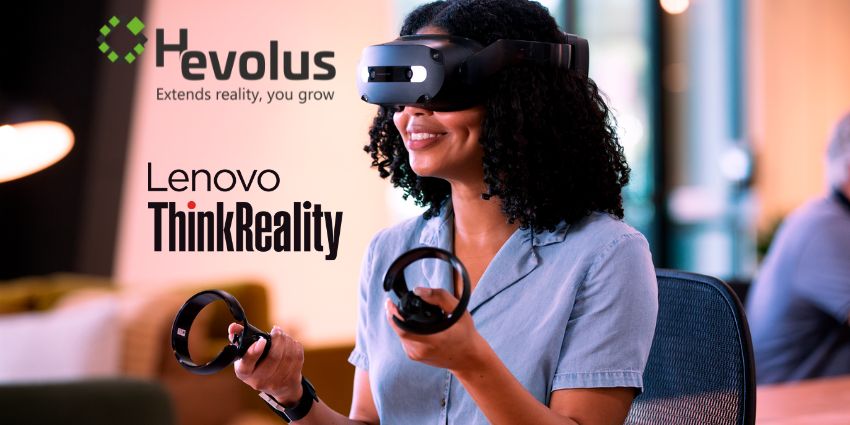The National University of Singapore’s Yong Loo Lin School of Medicine (NUS Medicine) announced last week its medical and nursing students will adopt Microsoft’s Hololens 2 mixed reality (MR) headsets for clinical procedure training.
As of April 2022, NUS educators will introduce Project Polaris, the university’s MR-based immersive learning platform. Polaris uses real-time 3d (RT3D) holograms to help students learn medical procedures and assist with the study of anatomical structures.
Speaking on the collaboration, Richard Koh, National Technology Officer for Microsoft Singapore said,
“NUS Medicine is in a unique position to use mixed reality solutions and the Microsoft HoloLens 2 to aid in the transformation of healthcare education, for years to come”
NUS undergraduates can also improve their skills by interacting with immersive holographic training experiences. Microsoft, in partnership with Singapore’s National University Health System, will provide researchers with up to date ‘holo-medicine’ data to improve the MR solution.
Additionally, research into holo-medicine will enable NUS teams to improve patient care with mixed reality RT3D holograms.
Project Polaris
Project Polaris incorporates Microsoft’s powerful Hololens 2 headset to display RT3D holograms of simulated clinical environments. During these virtual scenarios, students can take part in training courses that teach various medical procedures, such as inserting a cannula or catheters. The immersive learning solution allows students to choose from three difficulties to train learners at all levels.
Also, according to NUS Assistant Dean for Education, Co-Project Lead, and Associate Professor Alfred Kow, the learning platform will contain various MR digital assets such as teaching aids to improve student performance while performing in safe immersive environments.
Associate Professor and Vice-Dean for Education, Lau Tang Ching commented on the partnership, stating,
“This incorporation of holographic mixed-reality learning fits in well with our teaching initiatives and we hope to see this collaboration with Microsoft flourish in the coming years”
The MR training solution is based on Project Horizon, an umbrella of innovative digital learning solutions to refine clinical soft skills and teach anatomy procedures. Additionally, Horizon consists of Project Delphinus and Mira, which NUS Medicine tutors can incorporate as teaching tools.
Introducing MR-based immersive learning solutions provides trainees with a platform to repeat training exercises with ease. Outside of healthcare, Hololens 2-based learning and collaboration use cases are present within manufacturing, automotive, and military workplaces.







